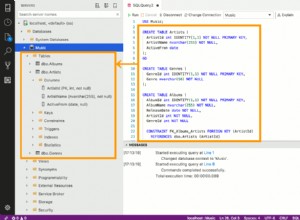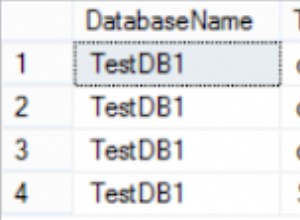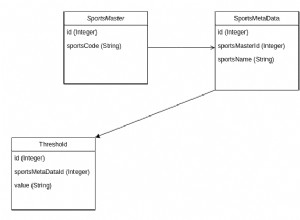Ok, ho risolto.
Il problema è che la query del post non include la tabella postmeta, quindi l'ho aggiunta su custom_join funzione, in questo modo:
add_filter('posts_join','custom_join');
add_filter('posts_orderby','custom_orderby');
function custom_join($join){
global $wpdb;
$customTable = $wpdb->prefix."custom_table";
if(!is_admin){
$join .= "LEFT JOIN $wpdb->postmeta p1 ON $wpdb->posts.ID = p1.post_id";
$join .= "LEFT JOIN $customTable p2 ON p1.meta_value = p2.slug";
}
return $join;
}
function custom_orderby($orderby_statement){
global $wpdb;
if(!is_admin){
$orderby_statement = "p2.price DESC, $wpdb->posts.post_date DESC";
}
return $orderby_statement;
}
Ho aggiunto anche il posts_groupby filtro perché la nuova query mi ha fornito post duplicati (molti post duplicati).
Ecco il codice:
add_filter('posts_groupby','custom_groupby');
function custom_groupby($groupby){
global $wpdb;
if(!is_admin){
$groupby = "$wpdb->posts.ID";
}
return $groupby;
}
Tutto è scritto nel file del plugin, ma puoi scrivere anche nel function.php file del tuo tema.
Ricorda di includere if(!is_admin) dichiarazione se desideri visualizzare la query personalizzata solo sul front-end.




